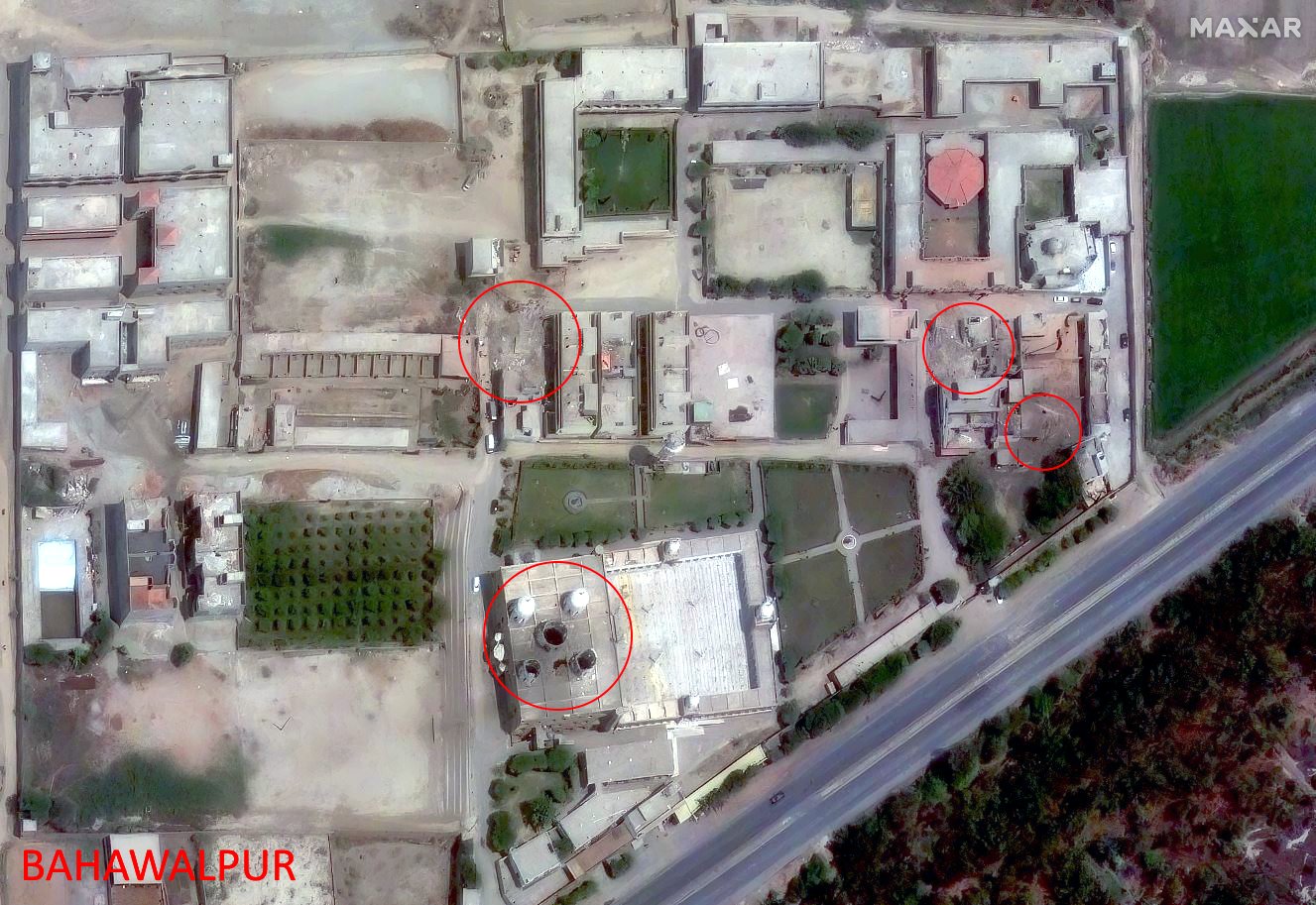Dear Express Explained Reader, The second wave of Covid-19 is in retreat almost everywhere in the country, and it is entirely up to us to ensure that the terrible three weeks of April-May do not return. There is global concern over the highly transmissible B.1.617.2 variant of the coronavirus that was first seen in India and which has since been named the ‘Delta’ variant, and its sub-lineage, ‘Delta plus’, which has acquired a spike protein mutation called K417N. The K417N mutation was earlier seen in the ‘South African’ B.1.351 lineage, which is now called the ‘Beta’ variant, and virologists such as Dr Shahid Jameel of the Trivedi School of Biosciences at Ashoka University, as well as the US Centres for Disease Control and Prevention (CDC) believe that Delta and Delta plus can reduce the effectiveness of certain monoclonal antibody treatments. Which brings me to a very important and informative explainer that Prabha Raghavan wrote on this line of Covid-19 therapeutics. Most of us first heard of monoclonal antibody treatment when it was given to former US President Donald Trump last year. Clinical trials in the United Kingdom have now established that the experimental monoclonal antibody cocktail developed by Regeneron, called REGEN-COV2, can save lives in some of the most severe cases of Covid-19. Prabha wrote about monoclonal antibodies, whether this treatment is available in India, and its benefits, costs, and limitations. A second significant explainer related to the pandemic that I would urge you to read this week is on indemnity against costs of compensation for adverse effects due to vaccination. The two American developers of highly successful mRNA vaccines against Covid-19, Pfizer and Moderna, are in the final stages of negotiations with the government on this question before they start supplying to India. Kaunain Sheriff M explained how indemnity — which basically means the pharma companies cannot be sued for adverse effects arising out of the administering of the vaccine — works around the world, and what we know so far about India’s ongoing negotiations. There have been several interesting developments in the world of law and courts recently, the background and context of which Apurva Vishwanath explained. First, three judges of the higher judiciary recused themselves from hearing cases that came before them. (A fourth, Justice Kausik Chanda of Calcutta High Court, has reserved his order on a plea from West Bengal Chief Minister Mamata Banerjee that he should recuse himself from hearing her challenge against the election result for the Nandigram Assembly seat.) When and why does a judge recuse? What is the process of such recusal? Second, an unusual constitutional situation is developing in Uttarakhand, where Chief Minister Tirath Singh Rawat has until September 10 to enter the Assembly, but the necessary byelection for which is uncertain given the Covid situation. What is the precedent for such a situation — and how does the law contemplate a scenario in which it is impossible to hold an election? Third, the Tripura High Court has discovered that an amendment carried out in 2014 to India’s main law against drug trafficking has, due to a drafting oversight, ended up making a crucial provision of the law inoperable. What is this provision of the NDPS Act, and what did the 2014 amendment do to it? And what has the High Court decided? I will end this newsletter by repeating what I said at the beginning. We have got another chance to minimise the damage caused by Covid-19. Let us not squander this opportunity like the way we dropped the ball in the winter. Masks and distancing are critical. Sincerely, Monojit (monojit.majumdar@expressindia.com) If you received this newsletter as a forward, you can subscribe to it here | Do read our Explained articles here | 
No comments:
Post a Comment